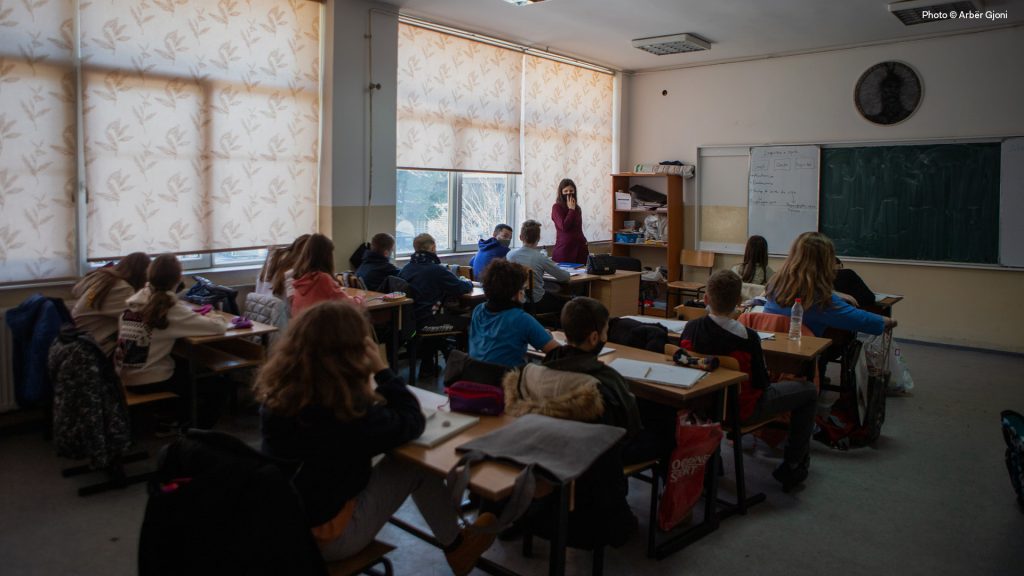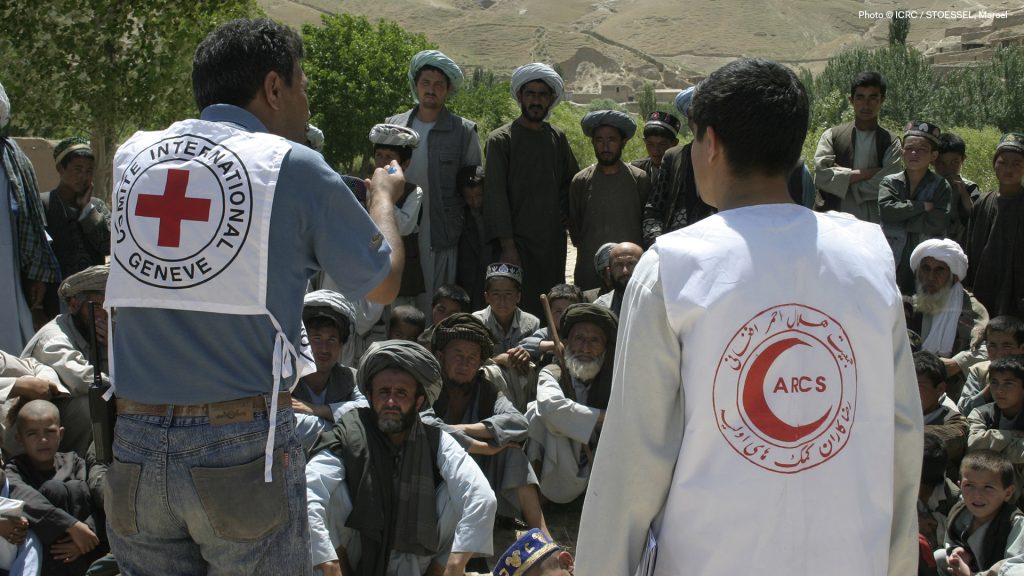In the eyes of United Nations (UN) Experts: ‘Defending human rights is not a crime. Under no circumstances should activists or human rights defenders, working for a better, just world, be subject to intimidation, threats, violence, reprisals or killings’. Yet, in Eswatini, a kingdom in the heart of southern Africa, shrouded in the shadows of oppression and autocracy, cries for democracy and human rights reform are met with repression and brutality. For decades, the people of Eswatini, formerly known as Swaziland, have endured the iron grip of absolute monarchy, where political dissent is stifled, opposition parties banned, and basic freedoms trampled upon. King Mswati III officially announced the reversion to the name in the indigenous SiSwati language on 19 April 2018, during celebrations marking the 50th anniversary of the country’s independence from British colonial rule and his 50th birthday, as part of a broader initiative to promote traditional heritage and cultural identity.
Citizens face significant restrictions on their political participation rights, as direct voting for the Prime Minister and parliamentary representatives is not permitted. This limitation traces back to 12 April 1973, when King Sobhuza II abolished the National Constitution of 1968 and outlawed political parties through Proclamation No 1 of 1973. Instead, governance operates under the tinkhundla (constituency) system, which decentralises power to local areas and emphasises individual merit for public office appointments or elections. Despite the introduction of a new constitution in 2005, which formalised this system, it did not expressly revoke the 1973 Decree, leaving it in effect. Consequently, political parties are prohibited from contesting elections, although their members may participate based on individual merit, as confirmed by a Supreme Court ruling in 2008. King Mswati III’s refusal to engage in meaningful dialogue, opting for ‘Sibaya’ – the traditional engagement of the King with his people, exacerbates tensions and undermines efforts for national reconciliation and progress.
In this situation, the voices of the marginalised, the oppressed and courageous human rights defenders who dare to speak truth to power are met with violence and suppression. These actions violate fundamental human rights guaranteed by regional agreements like the African Charter on Human and Peoples’ Rights (ACHPR), to which Eswatini is a signatory.
Killing of Thulani Maseko: protests and crackdown
The situation in Eswatini has garnered international attention due to widespread protests, crackdowns on dissent, and most recently with the brutal killing of prominent human rights defender Thulani Maseko, chairperson of the MultiStakeholder Forum (MSF). For years, human rights defenders in Eswatini have faced persecution and violence as they advocate for basic freedoms and justice. The MSF encompasses political parties, churches, local businesses, student groups and civil society organisations which campaign for the establishment of the democratic process. However, the tragic killing of Maseko serves as a grim reminder of the dangers faced by those who dare to challenge the status quo in Eswatini.
Notably, Maseko’s activism extended beyond his role in the MSF to advocating for free primary education and combating judicial inequities. Maseko faced persecution, including a contempt of court conviction in 2014, where he was sentenced to two years in prison related to two articles published in The Nation which questioned the independence and integrity of the Swazi judicial system.
Today, the government’s lack of a credible investigation into Maseko’s murder and its defamatory remarks against his widow further highlight the challenges human rights defenders face in seeking justice. His killers roam free, shielded by a veil of impunity, while his family and colleagues demand justice. But Maseko’s murder is just one chapter in the long saga of repression and injustice in Eswatini. Prior to that, the assassination attempt against Maxwell Nkambule, another pro-democracy advocate, underscores the dangers faced by human rights defenders speaking out against the status quo.
Since the wave of pro-democracy protests began in 2021, security forces have unleashed a campaign of terror, resulting in numerous deaths and arbitrary arrests of human rights defenders and activists. Eswatini’s government, under King Mswati III, flouts the rule of law and democratic principles, maintaining a ban on political parties since 1973. Draconian laws like the Sedition and Suppression of Terrorism Act muzzle dissenting voices, labelling human rights defenders and journalists as enemies of the state.
Security forces employ excessive force to quell dissent, even targeting members of parliament (MPs) who express solidarity with protesters. The arrest of MPs Mduduzi Bacede Mabuza and Mthandeni Dube on dubious charges and the flight of MP Mduduzi Simelane to South Africa exemplify the risks of dissent. For instance, news sources detailed an incident where authorities in Eswatini deployed live ammunition and tear gas towards a bus carrying individuals en route to the capital for a protest against the imprisonment of the two MPs.
According to eyewitnesses, several passengers sustained injuries, requiring hospitalisation, while others were redirected and barred from entering the city centre. Presently, the death of Maseko has intensified the apprehension felt by human rights defenders within the nation. One such individual, Sibusiso Nhlabatsi, an associate of Maseko, expressed to Human Rights Watch: ‘I must admit, I don’t feel secure, and I’m not alone. Numerous lawyers, particularly those engaged in human rights work, are considering leaving the country’.
Opposition in Eswatini and the drive for democratic reforms within the nation appear to have dwindled, solidifying King Mswati III’s position as seemingly impregnable. He stands as a symbol of absolute monarchy amidst neighbouring countries that purportedly uphold democratic principles. Despite the minimal influence of MPs in Eswatini’s elections, certain factions within the democratic opposition opted to endorse them, whereas others chose to abstain. Those advocating for a boycott urged the postponement of elections until a legitimate reform process was initiated. These divergent views on the electoral process led to divisions within the opposition against Mswati’s authoritarian governance.
Furthermore, despite international pressure and calls for reform, Eswatini’s government persists in its repressive tactics, resulting in a litany of human rights abuses. Efforts at resolution, including South African President Cyril Ramaphosa’s intervention in November 2021 offered a glimmer of hope, as King Mswati III agreed to a national dialogue facilitated by the Southern African Development Community (SADC). Yet, this dialogue has faltered, with the proposed ‘people’s parliament’ format dismissed as undemocratic by a coalition of political parties, civil society organisations, and other stakeholders. In the same vein, SADC’s facilitation of a national dialogue has been met with scepticism, as its format lacks inclusivity.
Regional bodies like SADC and the ACHPR have called for reforms but have been met with resistance. This inertia perpetuates impunity, imperilling human rights defenders and stifling democratic aspirations. As the head of the Institute for Security Studies (ISS) Southern Africa programme explained it: ‘Essentially, Swaziland has successfully got itself off the naughty chair and SADC has allowed the domestic process to take its course’.
Way forward
The plight of human rights defenders in Eswatini epitomises a broader struggle for democracy and human rights in Africa. For the past months, there has been a conspicuous lack of progress in the investigation into Thulani Maseko’s death. Recent developments suggest that law enforcement authorities are now implicating Maseko’s widow as a suspect. There are suspicions that this may be an act of retribution, especially as Tanele Maseko has been outspoken internationally, publicly accusing the government of orchestrating her husband’s death. As the voices of Eswatini’s people grow louder, demanding justice and accountability, their cause resonates continent-wide. It is a reminder that the quest for dignity and equality knows no bounds.
One year after Thulani Maseko’s assassination, UN experts’ dismay at the lack of accountability underscores the urgency of the situation. As we look to the future, it is imperative that concerted efforts are made to address the root causes of repression and injustice. The international community must investigate allegations of South African mercenaries and private military involvement in repression and hold perpetrators accountable. SADC must intensify its mediation efforts and ensure inclusive dialogue.
Ultimately, the path to justice and democracy in Eswatini requires collective action and unwavering commitment from all stakeholders. Only then can the voices of human rights defenders be heard, and the aspirations of the Eswatini people for freedom and dignity be realised.
This week we are delighted to publish the first of a number of posts by Lakshita Kanhiya, the blog’s regional correspondent for Africa. Upcoming posts by Lakshita will examine issues concerning persons with Albinism and climate change as well as female genital mutilation.
The GCHRP Editorial Team


